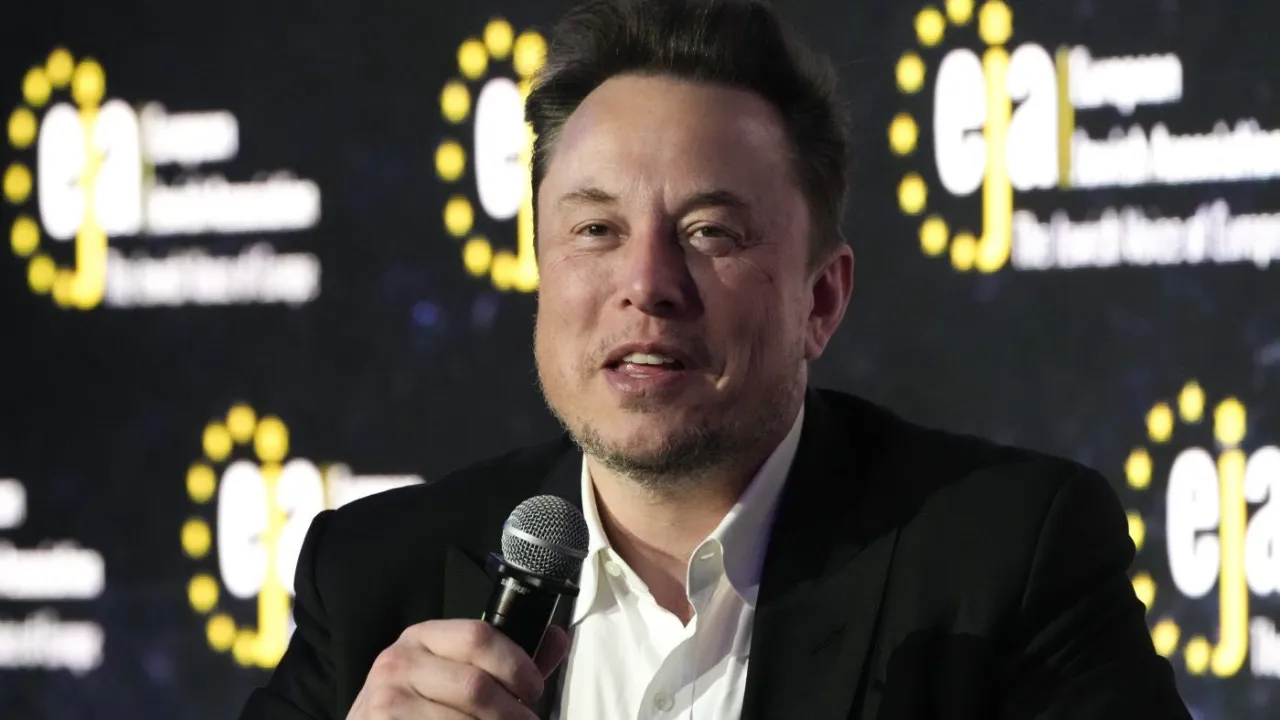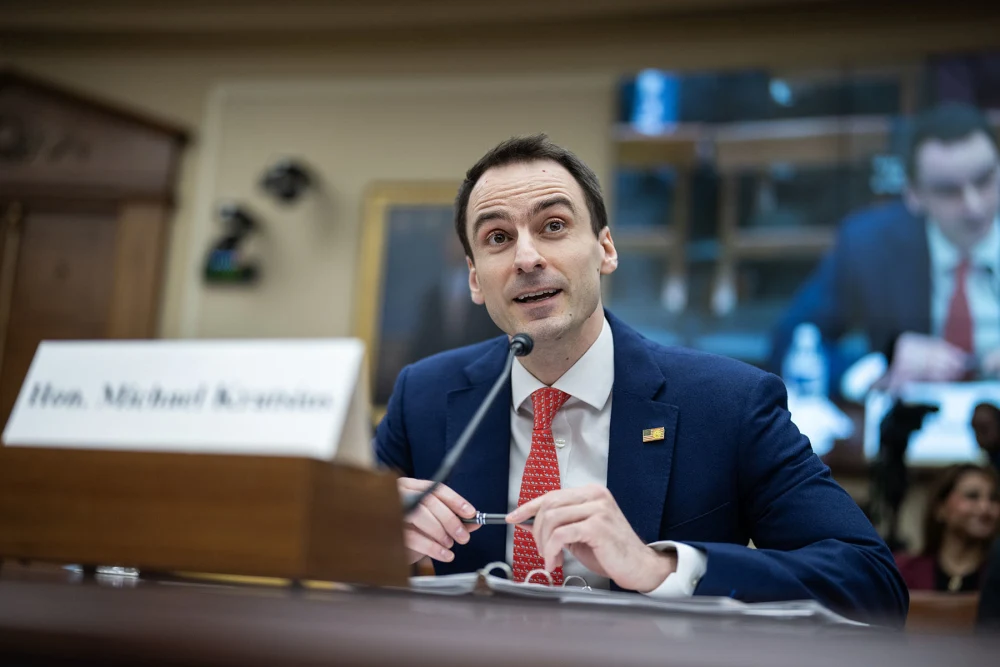Four former Twitter executives filed a lawsuit on Monday against the company’s current owner, Elon Musk, arguing he withheld more than $128 million of their severance pay after firing them when he took over.
The lawsuit was brought by the company’s former chief executive officer, Parag Agrawal; the company’s former chief financial officer, Ned Segal; the company’s head of legal, policy and trust, Vijaya Gadde; and the company’s acting general counsel, Sean Edgett.
Musk fired all four plaintiffs when he bought Twitter, which he renamed X. They are now asking for severance benefits and payments for attorneys’ fees and interest.
The lawsuit, filed in the U.S. District Court for the Northern District of California, claims the executives’ contracts stated that they were entitled to severance pay if Twitter became no longer a public company. When Musk took the company private in October 2022, he did not pay them, according to the lawsuit.
The lawsuit points to a section of Walter Isaacson’s biography on Musk, who described to Isaacson his strategy of avoiding paying the severance by manufacturing “cause.”
The lawsuit says that the plaintiffs lobbied shareholders against Musk’s “wrongful attempt to renege on the deal” to buy Twitter, which angered Musk. The lawsuit quotes Musk from the biography saying that he would “hunt every single one of” the executives and directors “till the day they day.”
“Musk’s own words show that he made up cause and terminated Plaintiffs to avoid paying them the benefits they are owed under the Plans. As quoted above, Musk admitted his plan to his biographer Isaacson as it was happening. Musk orchestrated the closing and termination plan as a pretext to cut off Plaintiffs’ severance, exact vengeance, and save himself money. He terminated Plaintiffs and manufactured cause for the specific purpose of interfering with their right to benefits under the Plans.
“Because Musk decided he didn’t want to pay Plaintiffs’ severance benefits, he simply fired them without reason, then made up fake cause and appointed employees of his various companies to uphold his decision,” the lawsuit read. “He claimed in his termination letters that each Plaintiff committed ‘gross negligence’ and ‘willful misconduct’ without citing a single fact in support of this claim,” the lawsuit read.
The Hill has reached out to representatives for San Francisco-based X for comment.




